The health benefits of eating watermelon seeds are not known by many people. When you look at a sweet and juicy watermelon, you will rarely think about the seeds contained in it. The truth is, all you want is to eat some of the fruit and probably throw away the seeds. If you learn about the health benefits of eating them, you will change your attitude towards watermelon seeds forever.
Watermelon seeds are edible and extremely nutritious. They are rich in protein. In 1 tea cup of dried watermelon seeds there is 30.6 grams of protein. The recommended daily intake is less than 15 grams. This protein contains essential and non-essential amino acids. Amino acids are molecules that are the building blocks of complex protein chains that are essential for the body.
Arginine, a vital component found in watermelon seeds, prevents the narrowing of blood vessels. It helps balance the blood pressure and treat coronary heart disease. Coronary heart disease is a disease that is caused by narrowing of the arteries, which impedes blood circulation.
Other amino acids found in these amazing seeds are tryptophan and lysine. Watermelon seeds are also rich in vitamin B, known as niacin. This vitamin is essential for a healthy nervous system, for the digestive system and for proper skin care. Other vitamin B present in these seeds includes thiamine, riboflavin, B6 and pantothenic acid.
Riboflavin is also known as vitamin B2, which is found mainly in fortified flour, eggs and vegetables. It helps convert carbohydrates into simple sugars. Deficiency of this vitamin can cause your eyes to be sensitive to light. Thiamine is a vitamin B1, that helps convert carbohydrates into energy. Vitamin B6 is a water-soluble vitamin, a deficiency of which can cause a condition known as beriberi.
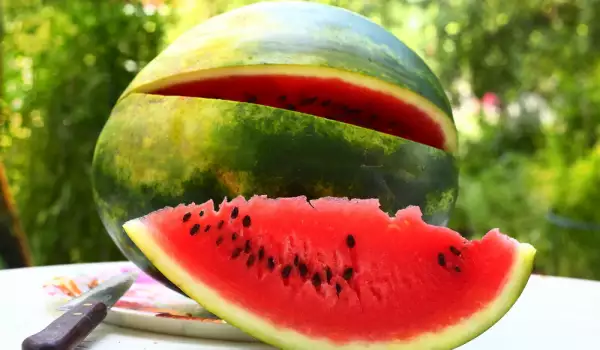
Pantothenic acid is also called vitamin B5. It is also crucial for the breakdown of carbohydrates into energy. Eating watermelon seeds provides enough magnesium. This is essential for maintaining a healthy immune system as well as nerve and muscle function. Its deficiency can lead to muscle spasms, cardiovascular disease, diabetes and more.
A few watermelon seeds contain about 0.29 mg of iron. It may not seem like much, but the World Health Organization recommends that adults intake 18 mg during the day. Iron is an important component of hemoglobin, which carries oxygen through the body.
Watermelon seeds have many health benefits. Although the amount of some minerals and vitamins in them may seem low, their consumption is much more preferable than eating chips or other unhealthy snacks.
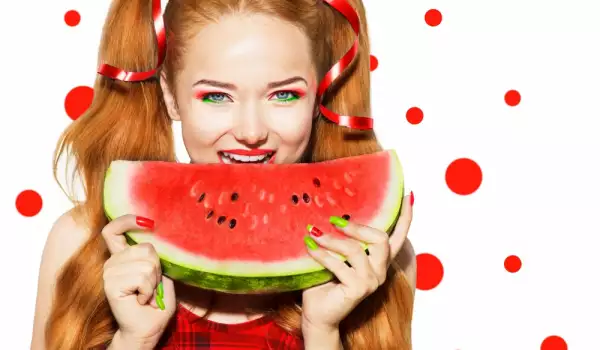
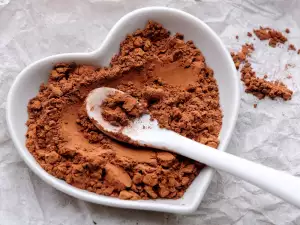
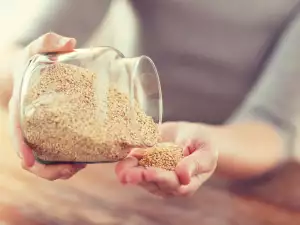
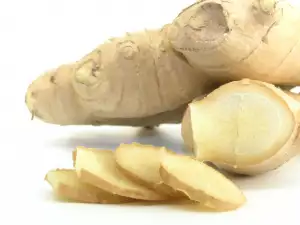


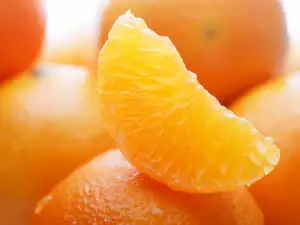
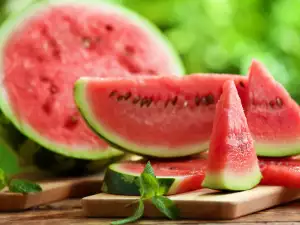
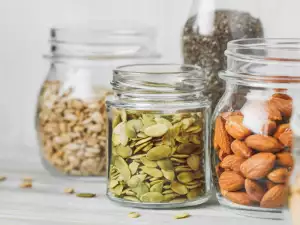
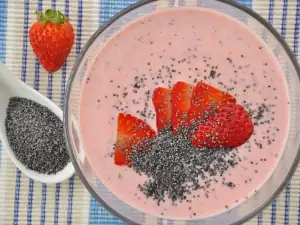
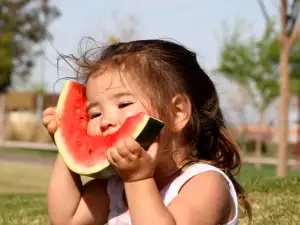
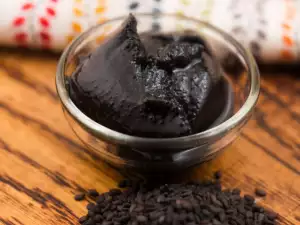
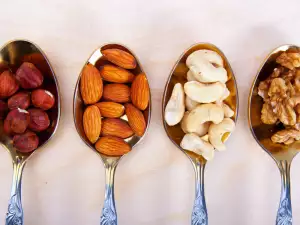
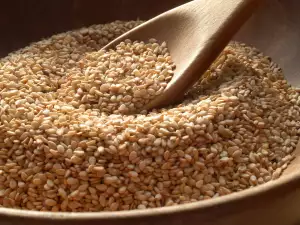
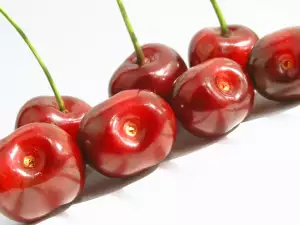




Comments